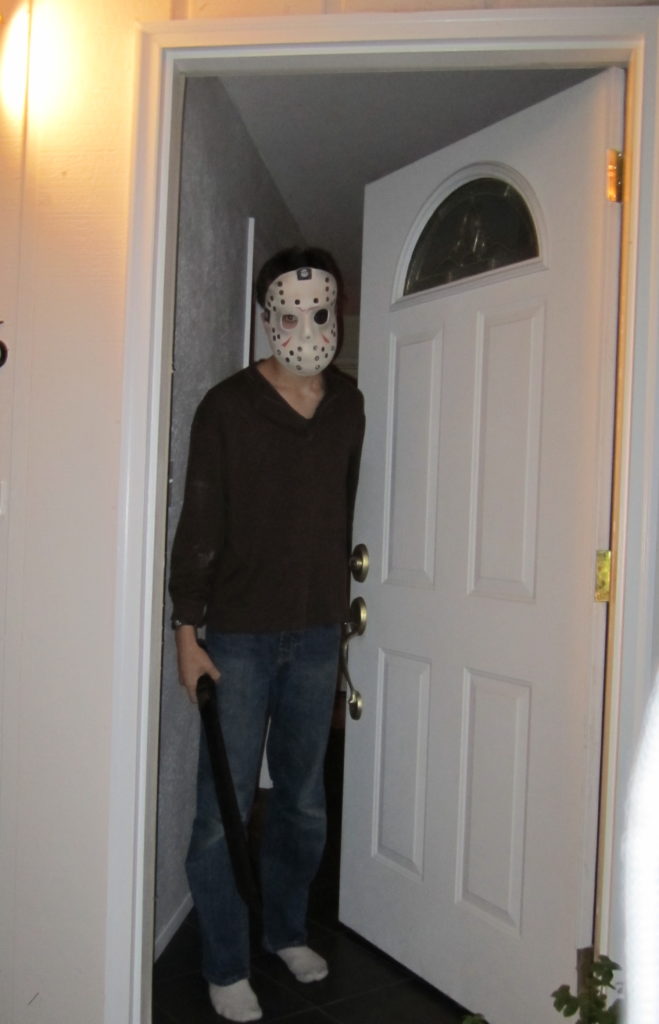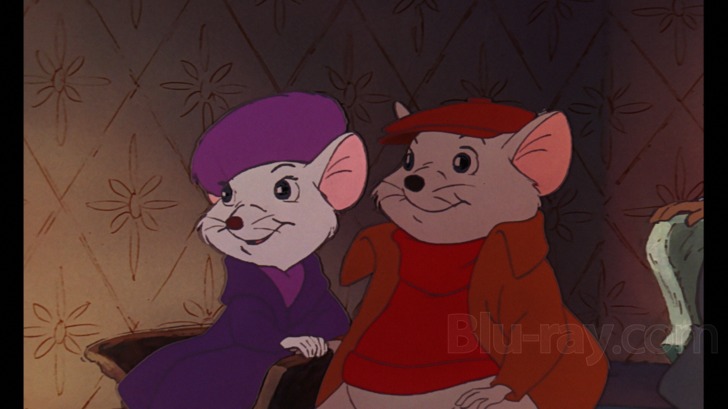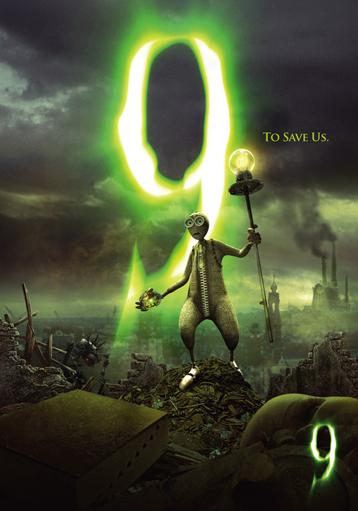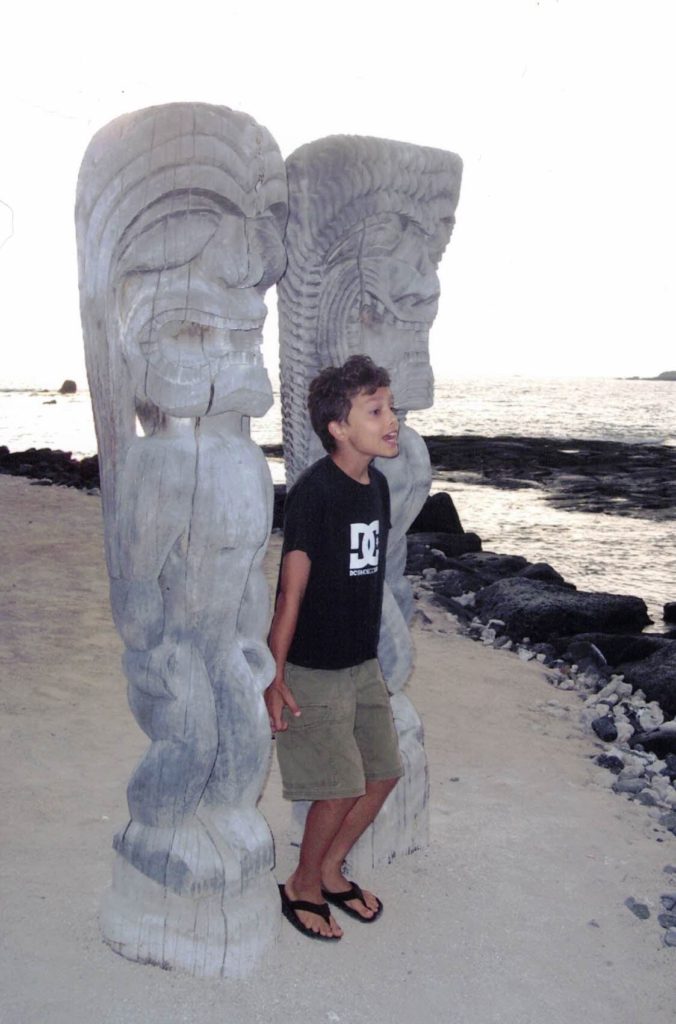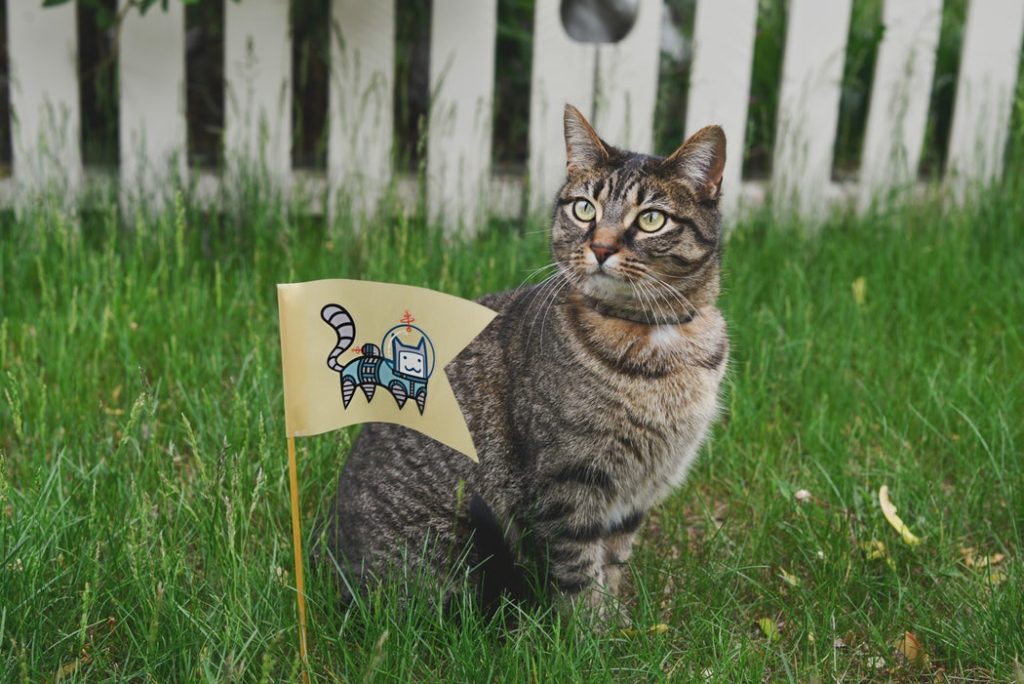
Neil, age sixteen, calmly noticing that there is only enough milk for one bowl of cereal: “I’ll just have toast this morning.”
*
At the age of six, after he had spent three years in an intensive ABA-based program, Neil started Kindergarten in a contained (non-mainstreamed) classroom through STEPS, Specialized Training in Education Program Service. It was a two-year program, and he did so well after the first year that I made a huge mistake, one I still regret: I tried mainstreaming him before he was ready. The results were disastrous, and fortunately we were able to have him go back into the STEPS classroom after several agonizing weeks of the regular. He seamlessly returned to STEPS and finished out his second year, making even more developmental strides.
Almost ten years have passed, and I’ve never forgotten the STEPS classroom and how beneficial it was for Neil. But to be honest, usually it’s the acronym that I think of on a regular basis. It’s a reminder of the nature of development where autism is concerned – sometimes it’s one step forward, two steps back. Sometimes it just seems to be a whole series of steps back. And sometimes there are those blessed days when it’s one forward step after another.
Aside from some grouchiness due to Daylight Savings Time and some minor growling about having to do household chores, Neil has, behaviorally and socially, been doing incredibly well. He still attends his social skills class every other week, and that helps a lot. But the fact is – he’s self-regulating just as well as he did when he was on medication. It took some adjustment time, but these days, he continues to out-do himself.
For instance, when we were planning his recent birthday sleepover with two friends, he thought that it would be fun to carve pumpkins with them, and I thought it best to prepare him by mentioning that no one should be obligated to carve the pumpkins if they didn’t want to. Neil’s calm response (in his typical flat voice): “I most certainly recognize that.” (!) Additionally, at this point he has nearly mastered the art of the Unprompted Thank You, less than a year after his first one. And one morning last week, as he was going out to the shed to get his bike to ride to school (a feat that, even after a year, I never take for granted), on his own he remembered his helmet when I kissed him goodbye and said, “I love you. Ride safely.” Usually I notice when he occasionally forgets his helmet. I don’t know which shocked me more – that I didn’t notice, or that when I said ride safely, he realized that he had forgotten his helmet and went to put it on. But that – amazing as it was – was nothing compared to the thing with the toast.
*
Adam, my creature of extreme habit, my fourteen-year-old limited eater, always has cereal and milk for breakfast. It’s the only dairy he will consume. If we’ve run out of milk on grocery day, he refuses to have anything else for breakfast, and I can’t stand the thought of him going hungry. In the mornings, Neil usually gets to the kitchen first to pour his own bowl of cereal and milk. Then Adam staggers in and does the same thing. Once in a while, Neil, on autopilot, uses up the last of the milk before Adam gets out there. I’m sure it was never a conscious decision on Neil’s part not to save any for Adam. So, knowing that Neil also likes toast for breakfast, I made a suggestion one morning when there had only been one serving of milk in the carton and Neil had consumed it. “Since Adam doesn’t like toast, maybe in the future if you notice that there’s only enough milk for one person, you could save it for him, and you could have toast.” Neil negligibly nodded; morning tends to be his least verbal time. I figured that, at best, he might remember to save the milk after I had reminded him at least twenty more times (and no, I’m not exaggerating). I certainly didn’t in my wildest dreams think that two weeks later, after my mentioning it only once to him, that on his own he would pour his bowl of cereal, go get the milk, notice by the carton’s weight that it only had one serving left in it, and calmly, empathetically announce, “I’ll just have toast this morning,” saving the milk for his brother.
But that’s just what he did. He took another (big) step forward. And my heart swelled with emotion for my son, this wonderful soul who has never stopped trying.
Ed. note: Veterans Day has always been an important day to our family, and Neil and I will be continuing his tradition again this year. If you hadn’t read it last year (or would like to again), I’d be honored if you would read my post about Neil’s tribute to veterans. It’s one of my favorite stories about my son – and the veterans he looks up to.

